https://www.fizzicseducation.com.au/wp-content/uploads/2022/12/Liquid-nitrogen-cloud-1920-x-200px-dark-blue-wash.jpg
Little Life Workshop
Investigate life cycles and ecological relationships in a fun interactive workshop
Hands-on biology workshop for early learners!
Your children will gain an appreciation of the complexity of life in this fun workshop when your preschool becomes a hands-on biology lab!
- Check out our mini-beasts, are they male or female?
- Learn about life cycles and basic ecological relationships between plants and animals.
- How do biologists track animals? What techniques do animals use to hide?
- What are the parts of flowers? Your kids will investigate these plus much more!
Designed for exploration, your children will learn about the relationships between animals and plants as they rove among the stations.

Early Years Learning Framework Learning Outcomes
- 1.2 Develop emerging autonomy, interdependence, resilience and sense of agency
- 2.4 Children become socially responsible and show respect for the environment.
- 4.1 Children develop dispositions for learning such as curiosity, cooperation, confidence, creativity, commitment, enthusiasm, persistence, imagination and reflexivity.
- 4.2 Children develop a range of skills and processes such as problem solving, inquiry, experimentation, hypothesising, researching and investigating.
- 4.3 Children transfer and adapt what they have learned from one context to another.
- 4.4 Children resource their own learning through connecting with people, place, technologies and natural and processed materials.
- 5.1 Children interact verbally and non-verbally with others for a range of purposes.
ELYF links to all of our preschool science workshops
Victorian Curriculum
- Objects and parts of the world around us have names and particular characteristics (VCSSU021)
- Supported to engage in simple scientific inquiry (VCSIS026)
- Supported to use the senses to identify some characteristics (VCSIS027)
- Make links between observations and findings (VCSIS029)
- Use pictures, symbols, concrete objects and/or simple familiar words to facilitate communication (VCSIS030)
- Science is about exploring the world around me (VCSSU031)
- Actively join in exploration of familiar objects and events (VCSIS036)
- Use both general terms and simple, scientific vocabulary to begin to describe their activities and observations (VCSIS040)
Ellerman Child Care Centre
Butterflies Early Learning
Science Show Demonstrations
What is the difference between a human eye and a compound eye?
Sort the frogs into their best hiding place
Use magnifiers to determine which legs hop, dig, swim and carry nectar
What is the difference between spiders and insects
Discover the position of bones and major organs behind facial skin
Are they an insect? How many can you find in the leaf litter?
Dissect the flowers; match the flower parts to the flower model
Which animals would make these tracks?
Take home a rubbing of your favourite minibeast
Identify the insects from their audio recordings
Explore the life cycles of butterflies, frogs, chickens, plants and more
Check out flowers, bark or your own hand with this digital microscope
Look inside the human body
Use magnifiers to sort out the mini-beasts
What do your bones look like?
How do insects see flowers?
Early Stage 1 and Stage 1 ecology
Feedback on this school workshop
Appropriate for ages 3 to 5 with a maximum of 30 children per class. Please note that we are not permitted to cater for children under the age of 3.
6 Tables arranged around a room.
Chairs are not required.
Access to 2 electrical power sockets
Duration 60 minutes, set up time 45 minutes and pack up time 45 minutes.
During Social Distancing – Contact us
and we’ll tailor a program to suit both your school and the State’s social distancing requirements. Further details here
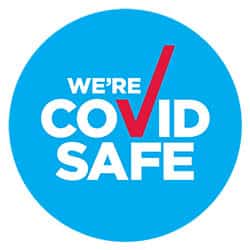
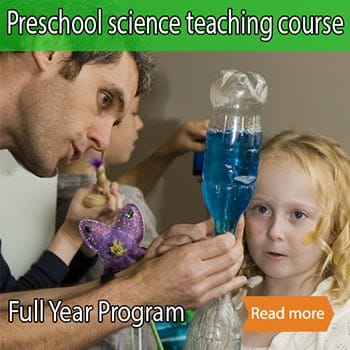
$490 inc. GST for a 60-minute workshop.
Call 1300 856 828, or use this form to inquire or make a booking for your preschool.
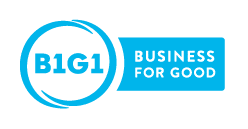 Find out more here
Find out more here
Enquire Now
Online course: Teaching Science in Early Childhood
- An entire year of science lessons for early learners
- Practical & linked to the Early Years Learning Framework Learning Outcomes
- 3.5 hours of on-demand videos
- Printable resource sheets & materials lists
- Attribute as teacher-identified teacher professional development hours

Read More

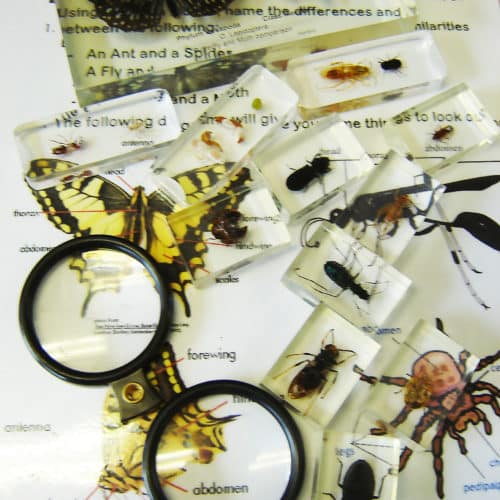
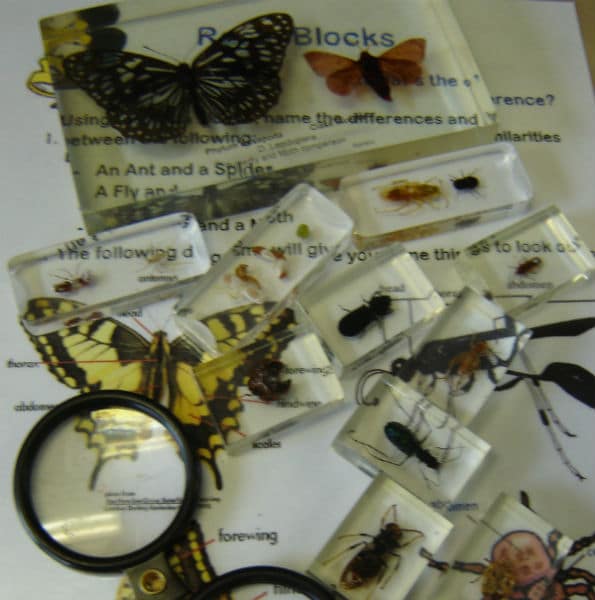
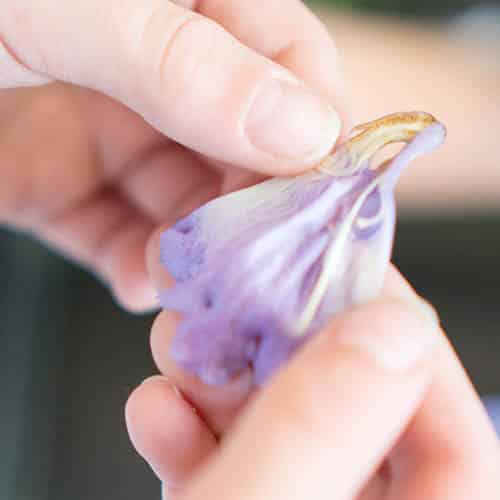















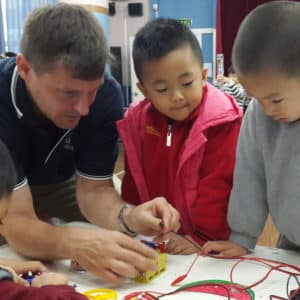
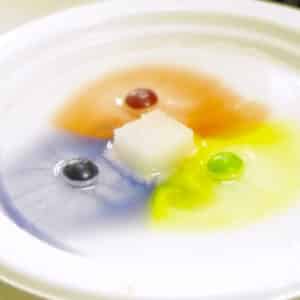
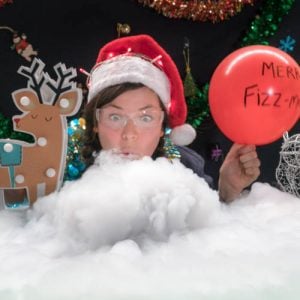




I just wanted to pass on how much the staff and students really enjoyed it and how perfect it was to launch our science week activities. The students were enthralled, educated and entertained – a perfect trifecta!
-Caulfield Grammar School – Big Science Big FunThanks so much for presenting at our school on Monday. Our students enjoyed the show.
-Greenvale Primary School – Big Science Big FunFizzics Education curated a thoughtful and hands-on experience for the children, incorporating practical, skill-based learning activities and followed by a science presentation at the end of the event involving liquid nitrogen. This was delivered safely and effectively, capturing both the children and the parents for the duration of the presentation.
-Macquarie Bank – Family Fun DayFizzics Education ran a show today at our school and it was wonderful. He was a great facilitator and the show was age appropriate and well done.
-Mount Zion Early learning centre – Little Science Big FunI just wanted to pass on how much the staff and students really enjoyed it and how perfect it was to launch our science week activities. The students were enthralled, educated and entertained – a perfect trifecta!
-Caulfield Grammar School – Big Science Big FunThanks so much for presenting at our school on Monday. Our students enjoyed the show.
-Greenvale Primary School – Big Science Big FunFizzics Education curated a thoughtful and hands-on experience for the children, incorporating practical, skill-based learning activities and followed by a science presentation at the end of the event involving liquid nitrogen. This was delivered safely and effectively, capturing both the children and the parents for the duration of the presentation.
-Macquarie Bank – Family Fun DayFizzics Education ran a show today at our school and it was wonderful. He was a great facilitator and the show was age appropriate and well done.
-Mount Zion Early learning centre – Little Science Big Fun